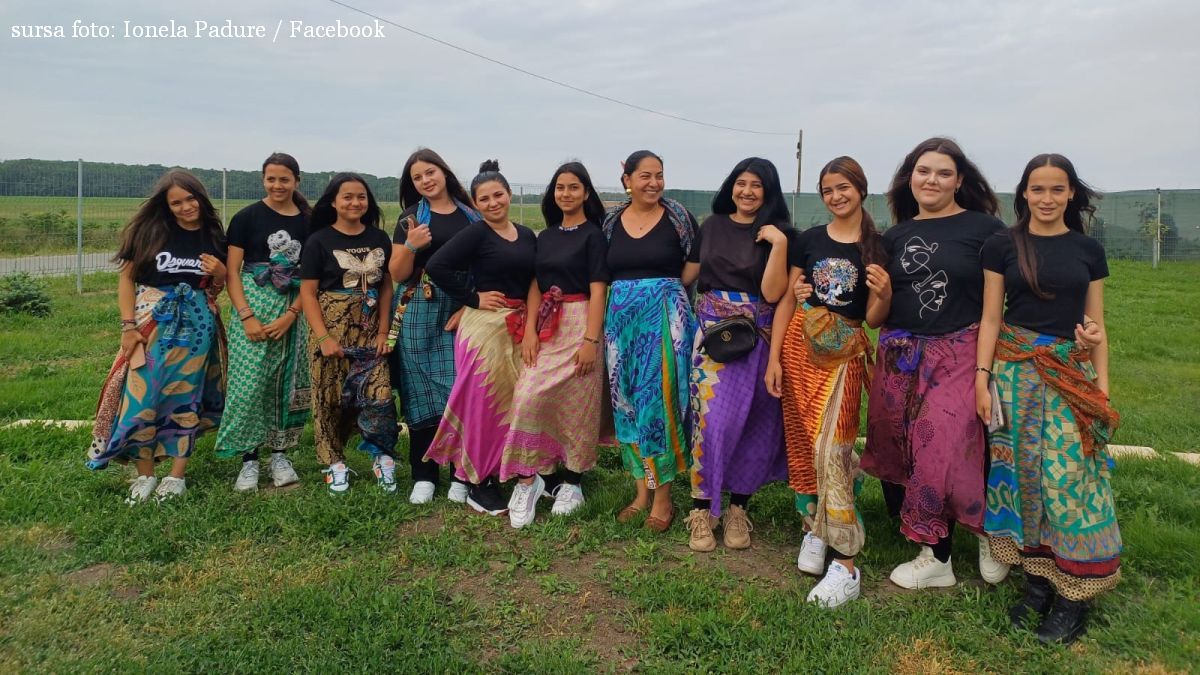The COVID-19 pandemic and its impact on schoolchildren
The COVID-19 pandemic took its toll on childrens psychological and emotional balance. Heres how.

Christine Leșcu, 24.11.2021, 14:00
We’ve had
the COVID-19 pandemic for over year now. All sorts of restrictions are still in
place, school went online, for its greater part, some of the classes were held
with physical presence, but with a higher risk of contamination. All that has definitely
affected the youngsters’ emotional well-being. This is also the outcome of an
analysis carried by the Save the Children Association. As of late, Save the
Children has offered free of charge psychological counselling to pupils in
several cities around the country. The conclusions of a survey carried among
those who resorted to such services have revealed that one child in three had
to face states of anxiety and needed counselling and psychological and
emotional support. And at that, a higher percentage was reported for
adolescents, even reaching 50%. Also, 90% of the children who were in need of
psychological therapy in the last year have had emotional problems related to
the pandemic context. No exhaustive and official research on that has been
conducted so far, unfortunately. However, in a separate move, there are nonetheless
data about the manner in which school has informed pupils about the dangers of
the pandemic, and about how sanitary safety measures have been implemented in
classrooms. Such measures have obviously influenced children’s emotional
well-being. It was also the Save the Children Association that carried a survey
taking up on such topics, jointly with the National Council of Pupils. The survey
was themed Feeling safe in your own school. Almost 22,000 pupils took
the time to respond to it. As for the conclusions of the survey, here is the
president of the National Council of Pupils, Silviu Morcan, with the details.
Silviu Morcan:
As for the information activities, we noticed that info on the
prevention of disease transmission did live up to certain quality standards,
for the greatest part of the educational units. More than 86% of the pupils stated
they fully understood the information conveyed by the school staff. In much
lower percentages respondents stated they would have needed many more clarifications
on ways to contain the spread of the SARS-COV-2 virus or they did not even get any
info whatsoever related to the topic. The vaccination information campaign that
should have been organized in schools reached fewer pupils. More than one third
of respondents, around 36%, states such campaign
were run in their schools. Under the circumstances, is school perceived as a safe
environment from a sanitary point of view?
Silviu Morcan:
The feeling of safety school gives students was another topic we intended
to tackle. And, despite the high frequency with which going online has been
reported because of a classmate getting infected, we noticed the feeling of safety
prevailed when they were at school the sample average standing at 3.53 points
on a 1 to 5 scale, with 1 standing for not at all safe and 5 for
completely safe. More than half of the respondents pointed to a high level of
that safety feeling. Otherwise, the answer to the open-ended questions we had
in the final part of the survey are extremely diverse with opinion being
equally divided between those who would like school to go online completely and
those who stated that face to face schooling was their favourite and safest
option. Equally divided were also opinions on prevention measures such as the ear-loop
mask or the social distancing as part of the respondents wanted those measures
to be more strictly implemented wanted to give up on such measures altogether.
Notwithstanding,
anxiety and the way it creeps into people’s hearts and mind are extremely insidious.
Therefore, it is hard to say what exactly such a disorder is triggered by and
how it manifests itself. Similarly, it is difficult to find out where school
alone or the pandemic context in its entirety are the cause of the anxiety At
any rate the authorities have admitted that as we speak there is no instrument
by means of which data can be collected, regarding pupils’ psychological and
emotional condition. However, there are nonetheless clues teachers can take
into account, observe and try to sort out with the assistance of school
psychologists.
Education Minister Advisor Radu Szekely:
As a result of the discussions we’ve had and with help provided by
specialists, we reached a conclusion: anxiety exists among children and
youngsters in schools. It’s just that it hasn’t been noticed long enough. Children
do not put their anxiety into words. And, emotionally, it is signalled through
gestures of fear, of panic expression, sometimes even through a lack of
interest at cognitive level. Otherwise, children aske about certain things
which, indirectly, signal the fact that their real concern lies elsewhere,
whereas we, in the education system, more often than not come up with answers
to the questions asked without taking the time to look into what lies behind
them. But it is the role of the teacher and the parent and I am keeping my hope
alive it will soon be the role of the school psychologist assigned to each and
every school to notice the aforementioned signs, to identify them, their
causes, and then try to solve such situations, all the more so as, when anxiety
is high, some of the symptoms are likely to go physical with children and youngsters.
Also, when
at home, parents need to watch their children carefully and talk to them, even
though we are a society that tends to suppress emotions and children do not
have the opportunity to express their feelings, according to psychiatrist
Carmen Trutescu.
Carmen Trutescu:
Any change in the daily routine or behaviour is an alarm signal. If a
child used to sleep 10 to 12 hours daily and now, he sleeps 18, 20 hours, or he
doesn’t sleep at all, if he changes his eating habits, if he is extremely irritable,
as anxiety is hard to put into words yet his becoming irritable can be a sign, all
that means there is something going on. We do not demand that the parent
diagnoses his child, yet the parent can notice the change in his emotional
condition. From that moment onwards, whether we speak about anxiety, about
depression, or the adaptation disease, whether it’s bullying or a condition of
a different kind, that’s for the specialist to say when he sees the child. It
would be perfect if advise should be sought from the teacher, so that we can
have a twofold perspective. So I would really love it if teachers could detect
such patterns of behaviour that are atypical: the fact that a child doesn’t
leave his desk, doesn’t talk to the others, he cries or he doesn’t eat
during the break. A child who doesn’t speak in public, who does not speak when
his classmates are around, maybe there is something peculiar about their development.
A recent legislative
initiative will create the opportunity for teachers and parents to cooperate to
that effect. Psychologist’s offices will be set up in every educational unit, where
children can be tested frequently and solutions can be found, for the remedy of
the psychological and emotional disorders that have been thereby detected. However,
for the time being, that legislative initiative is still subject to parliamentary
debate.
(Translation by Eugen Nasta)






























